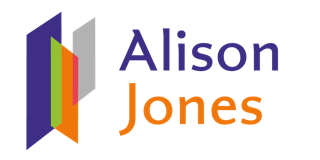Last night I was talking at a Byte the Book event in London on selling books through non-traditional channels. This afternoon I was talking to Brookes Publishing MA students about emerging busines models.
It’s funny: when I first got excited about digital publishing, it was from an editorial perspective. As a reference book editor back in the mid 90s I could see the potential of hyperlinks, search and updating, and I spent much of my career developing online products. But it turns out that the most disruptive impact of digital wasn’t on content at all: ebooks are still disappointingly similar to their print counterparts.
From subscription to serialization, personalization to patron driven acquisition, taking in crowdfunding, ads, freemium, Open Access and sponsorship along the way, the digital publishing revolution’s biggest impact has been on how content is monetised rather than on the content itself.
Maybe the most revolutionary of all is free: which seemed like the worst-case scenario for publishers just a few years ago. It’s fascinating to see free evolving into a perfectly feasible business model for authors and publishers with other offerings to hang off it. As I wrote in The Bookseller last year:
“The creativity is not just in the creation of the content, it’s in the organizing of the elements to create the most effective outcome – the commercial IS the creative.”
